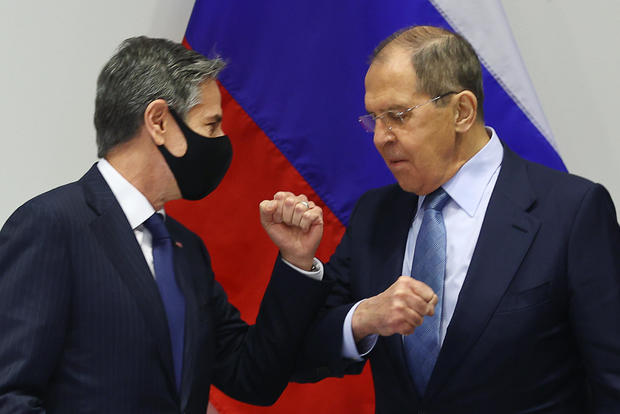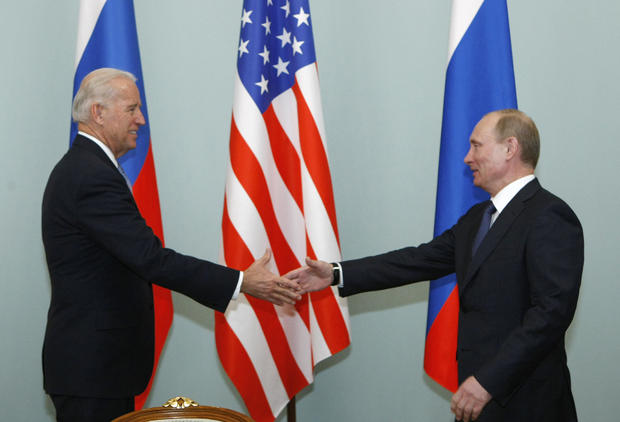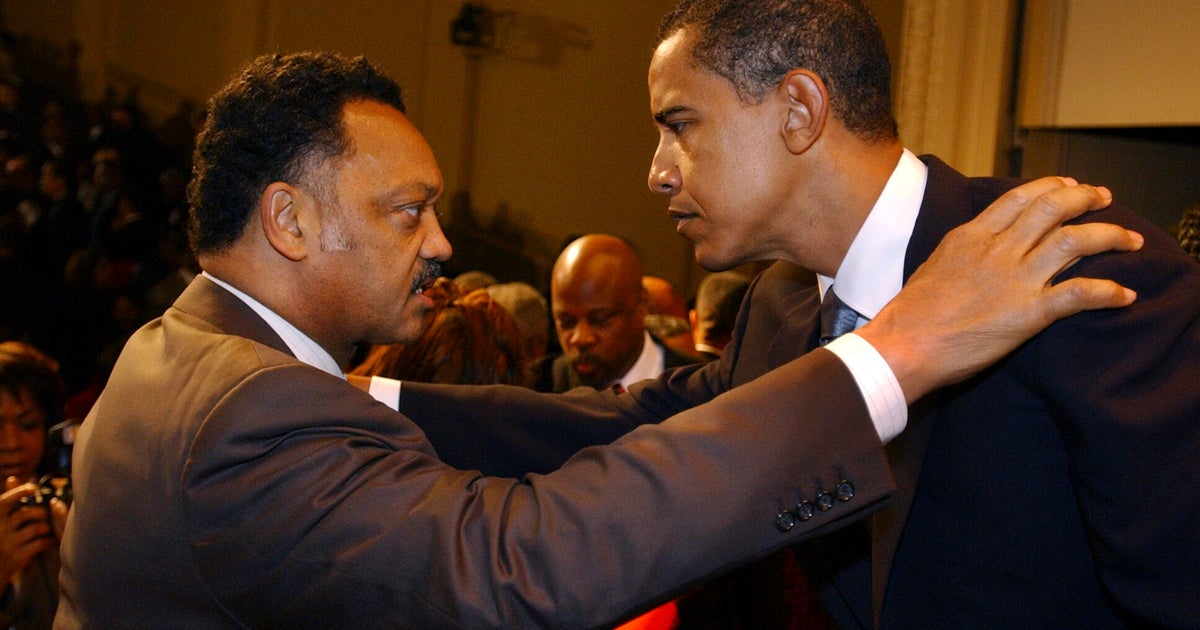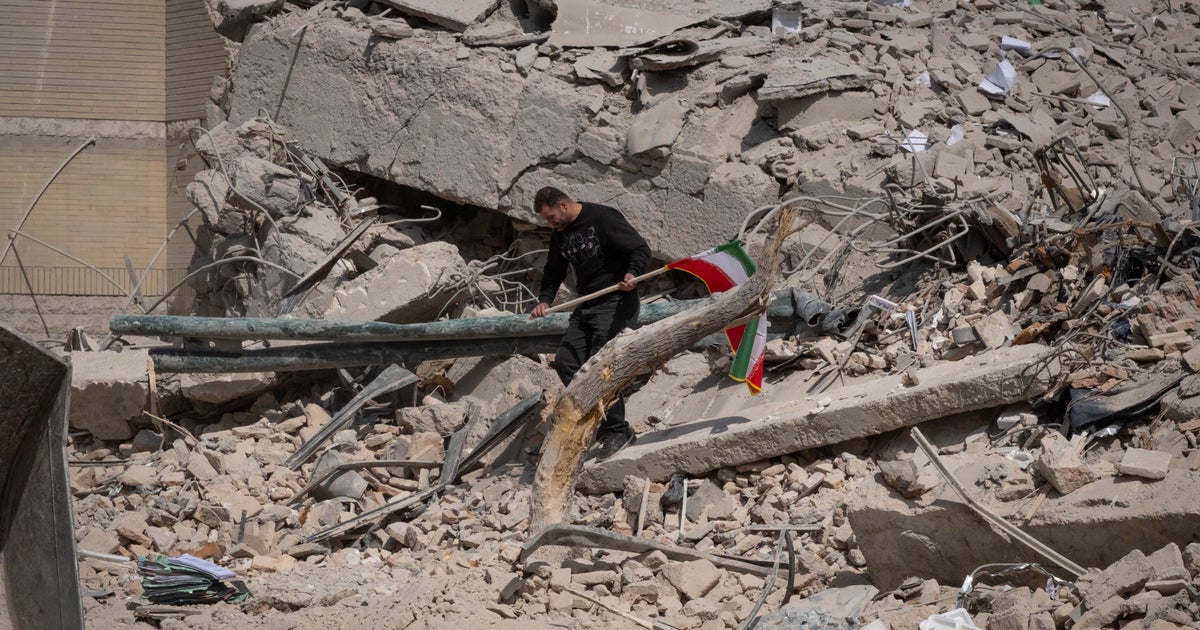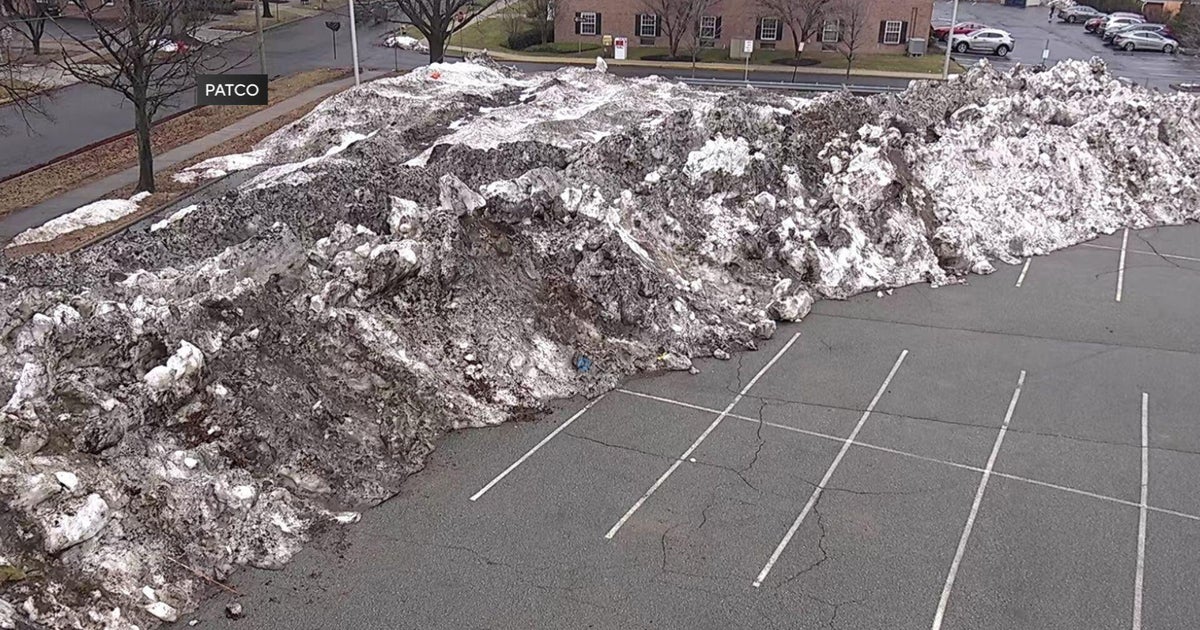"Piles of problems," but Russia calls 1st top-level meeting with Biden administration "positive"
Moscow — Russia's government on Thursday called the first face-to-face meeting between senior Russian and U.S. diplomats under the Biden administration "positive." The Kremlin said the meeting between U.S. Secretary of State Antony Blinken and his Russian counterpart Sergey Lavrov on Wednesday bode well for a potential summit this summer between Presidents Vladimir Putin and Joe Biden.
Both sides described the discussion, which went on for almost two hours, as constructive, but cautioned that there were a lot of issues still to address before bilateral relations — currently wallowing near Cold War lows — could be normalized.
"Indeed, there are piles of problems. It will be difficult to clear this logjam," Lavrov told journalists after the meeting, which took place on the sidelines of an Arctic Council summit in Iceland. "But I felt that Antony Blinken and his team are willing to do it, and we are ready to work together."
U.S. officials said that no substantive agreements were reached but described the meeting as an open dialogue which could help to bridge the gap between the two countries.
Blinken pressed Lavrov on the jailing of U.S. citizens Paul Whelan and Trevor Reed, and he "raised deep concerns" over Russia's recent military buildup near the Ukrainian border and its treatment of jailed opposition leader Alexey Navalny and the repression of other dissidents, according to U.S. State Department spokesperson Ned Price.
Blinken told his Russian counterpart that the U.S. "sought a more stable and predictable relationship with Moscow," Price said, while reiterating "President Biden's resolve to protect U.S. citizens and act firmly in defense of U.S. interests in response to actions by Russia that harm us or our allies."
One senior Russian senator noted "reserved optimism" in Moscow after the two top diplomats' sit-down.
"I liked the reserved optimism of the head of our Foreign Ministry towards the end of this," Konstantin Kosachev, head of international affairs within the Russian parliament, wrote on Facebook. "Knowing Sergey's [Lavrov's] traditionally realistic assessments, I think this is a very good sign."
One thing did happen on Wednesday that could be a decisive factor in pushing Russia to agree to a bilateral presidential summit later this year. But while the announcement coincided with Blinken and Lavrov's meeting, the news came out of Washington, not Iceland: The U.S. government confirmed that no sanctions would be levied against the company in charge of the controversial Russian-European Nord Stream 2 gas pipeline.
The massive piece of infrastructure stretches from Russia to Germany and it will facilitate much smoother Russian gas sales to all of Europe.
"I have determined that it is in the national interest of the United States to waive the application of sanctions on Nord Stream 2 AG, its CEO Matthias Warnig, and Nord Stream 2 AG's corporate officers," Blinken said in a statement.
The Kremlin welcomed the decision as another "positive sign."
The U.S. had previously slammed the project as a threat to European energy security, as Russia reiterated its frequent complaint that Washington relies too heavily on economic punishment in its foreign policy.
The Kremlin said Putin was briefed on Lavrov's discussion with Blinken, but that the meeting had to be analyzed before a final decision was made regarding the prospect of a presidential summit. The rumor is that both sides have been preparing for the potential Biden-Putin meeting to take place in June, in an as-yet-undetermined European capital.
The White House first floated the idea of a presidential summit last month in an apparent move to restore some lines of communication with Moscow.
Bilateral relations were already fraught when they took a nose-dive in March, after Mr. Biden agreed with a description of Putin as "a killer." Envoys in both countries were recalled to their home capitals for consultations. Washington then imposed new sanctions over "malign" activities, denied by the Kremlin, leading to another wave of diplomatic expulsions.
The Kremlin on Wednesday signaled that Putin would be willing to look past Mr. Biden's previous comments if the meeting does take place this summer.
"This incident is not the main thing," the Russian leader's spokesman, Dmitry Peskov, said on Wednesday. "We are talking about strategic stability — it worries the whole world, it concerns the whole world, and our bilateral relations. These are the main topics on the agenda."
Mr. Biden and Putin had one early success, prolonging the New START nuclear arms reduction treaty for five more years when the fate of the pact — the only remaining nuclear treaty between the two atomic bomb-wielding countries — hung in the balance early in Mr. Biden's tenure.
Russia says it now wants to get the U.S. back into other agreements that were severed during the four years of the Trump administration, including the Iran nuclear deal (JCPOA) and the Open Skies Treaty.
CBS News' Sveta Berdnikova in Moscow, and Christina Ruffini, traveling with Secretary Blinken in Reykjavik, contributed to this report.
